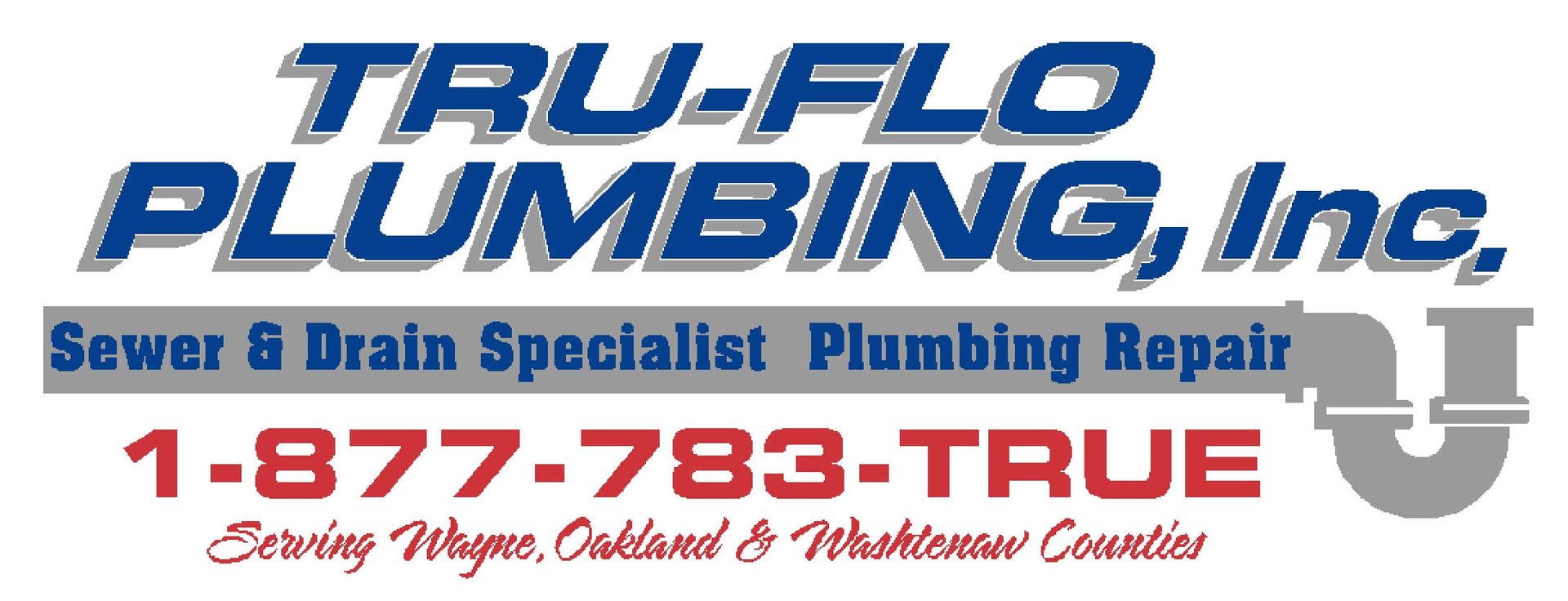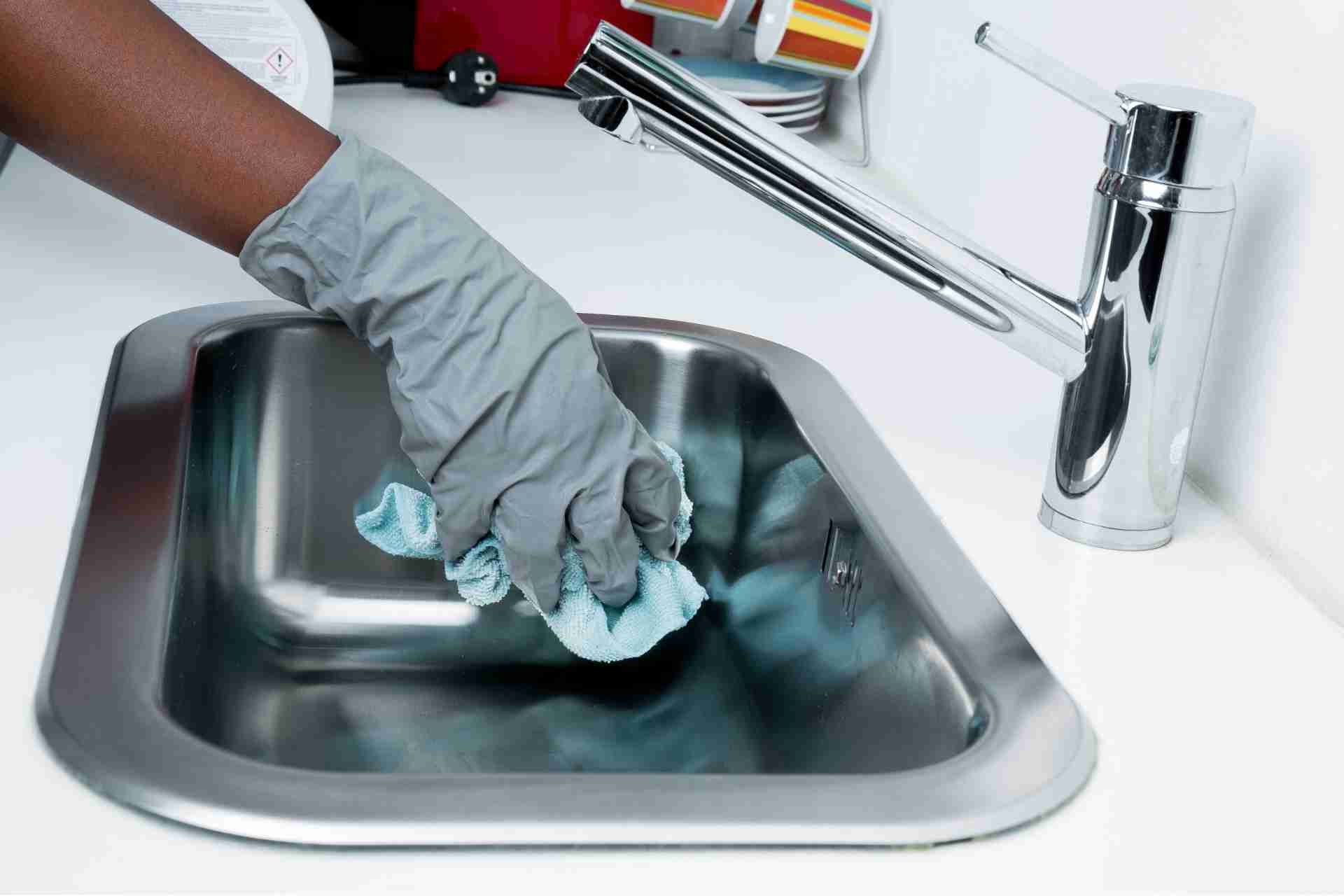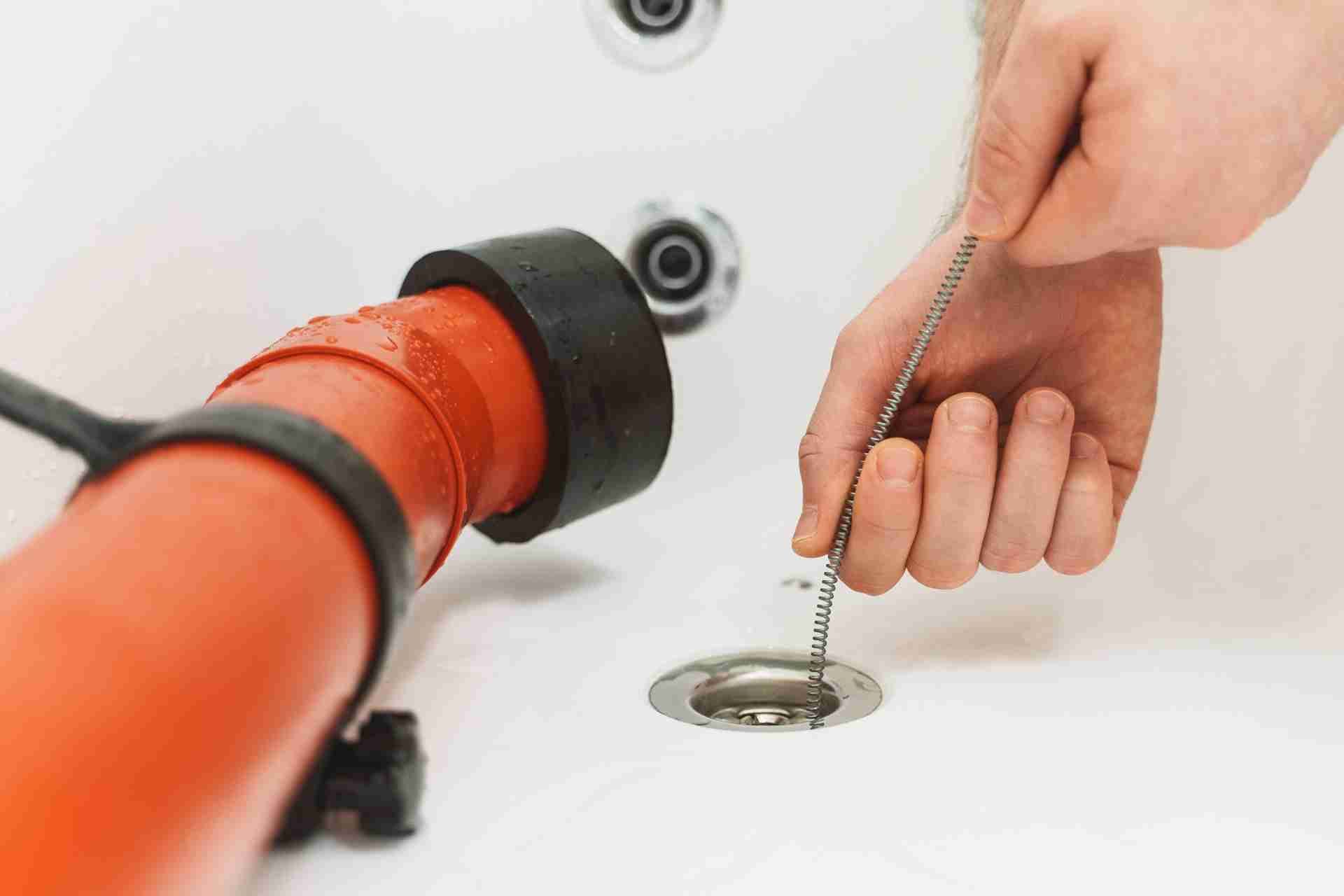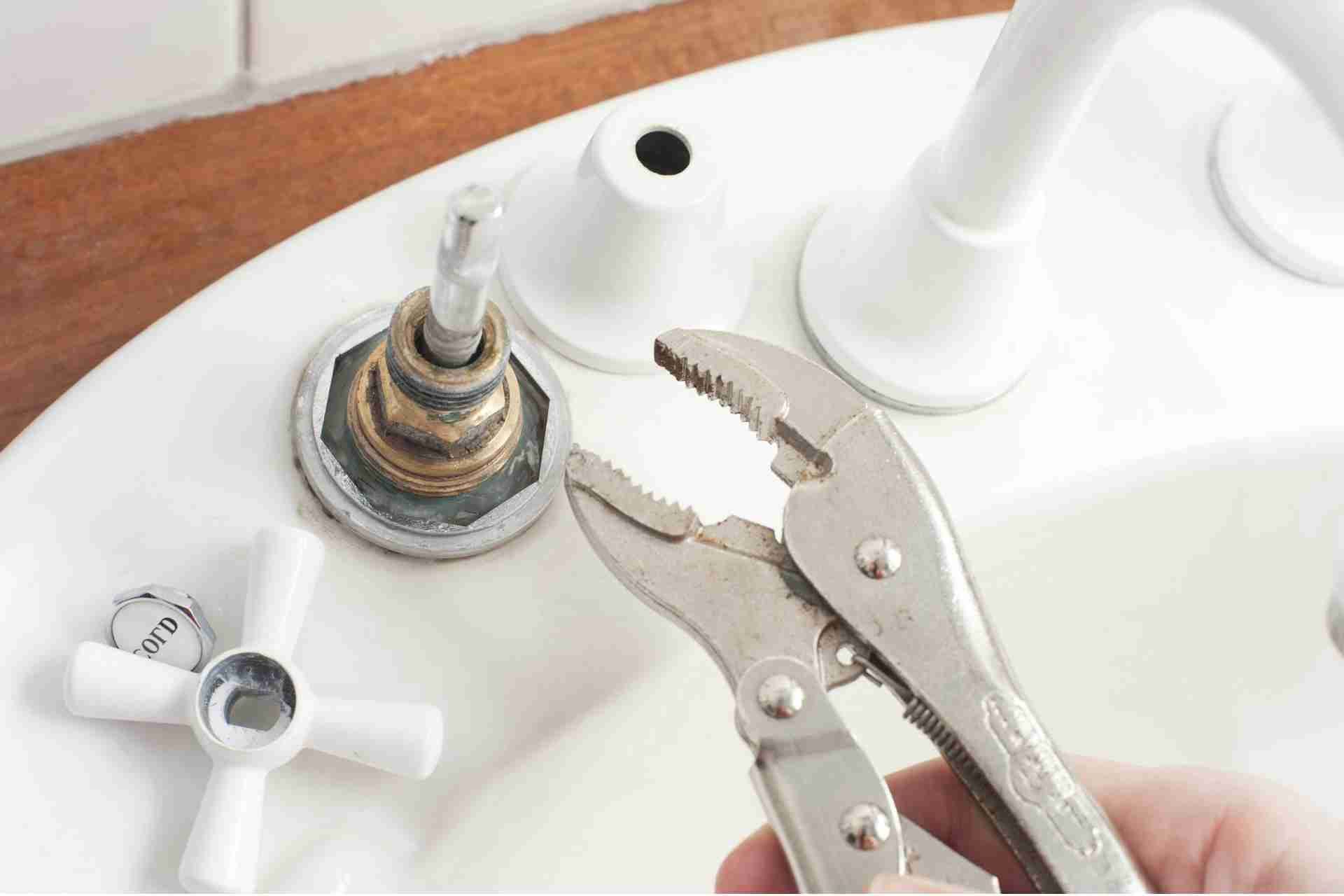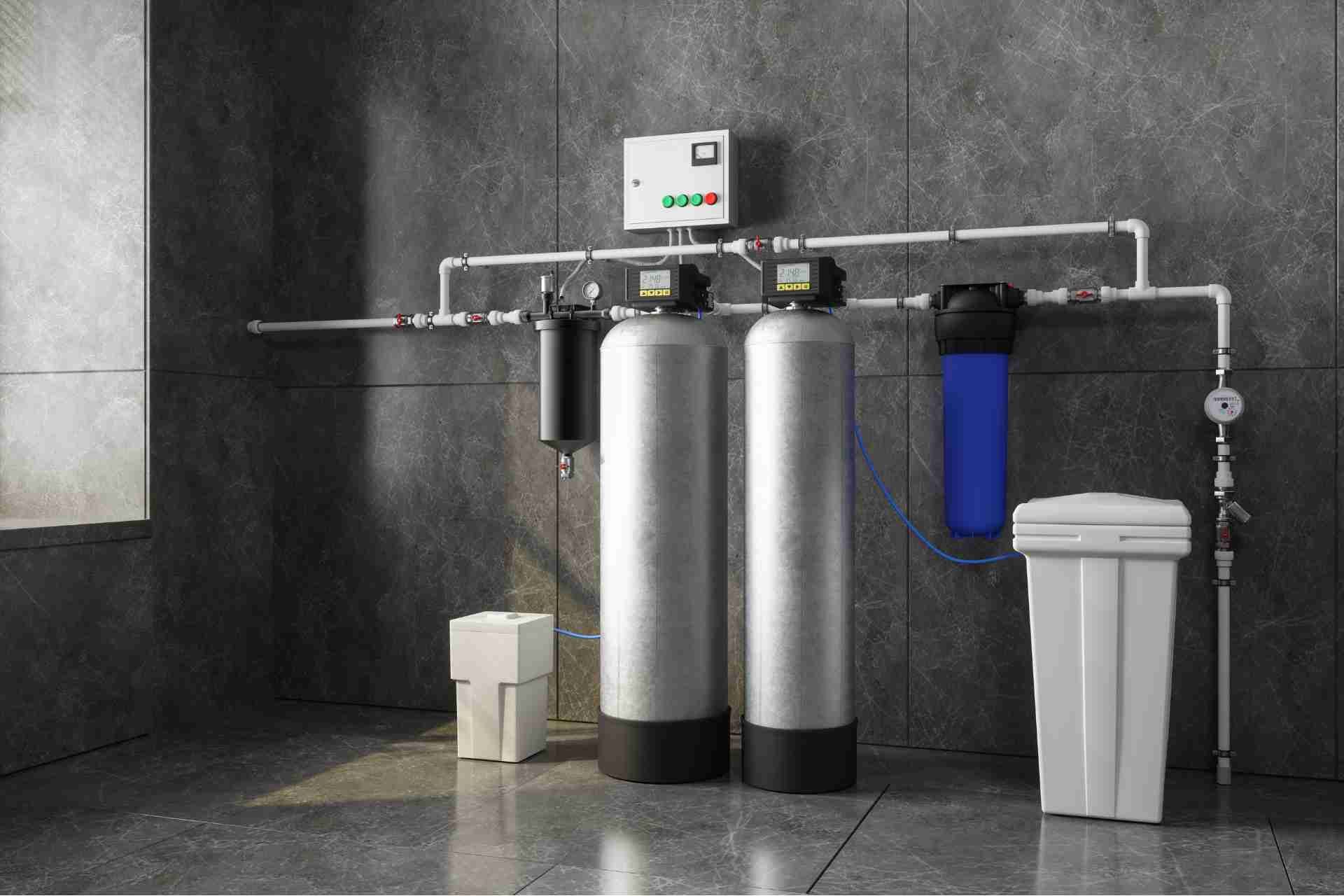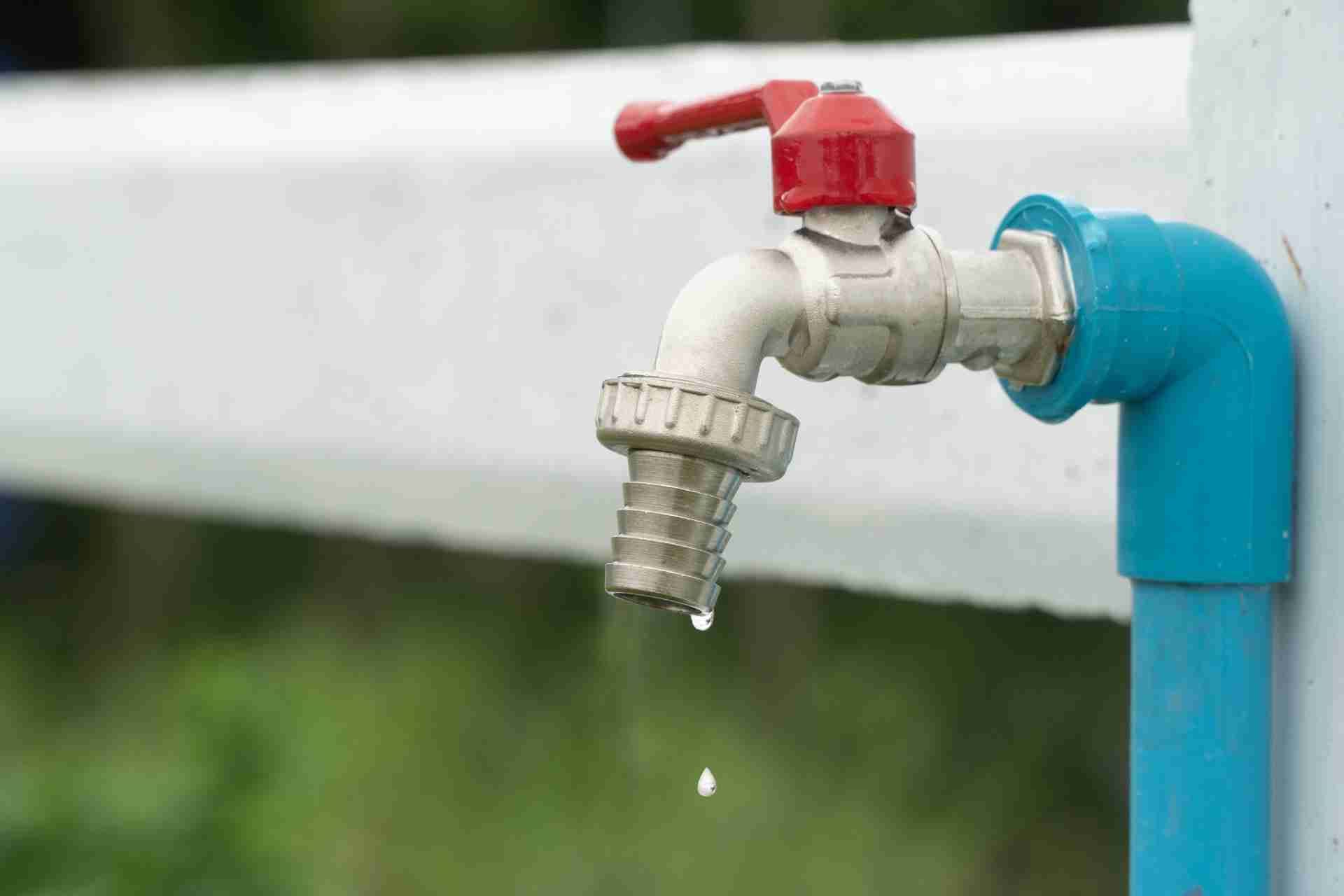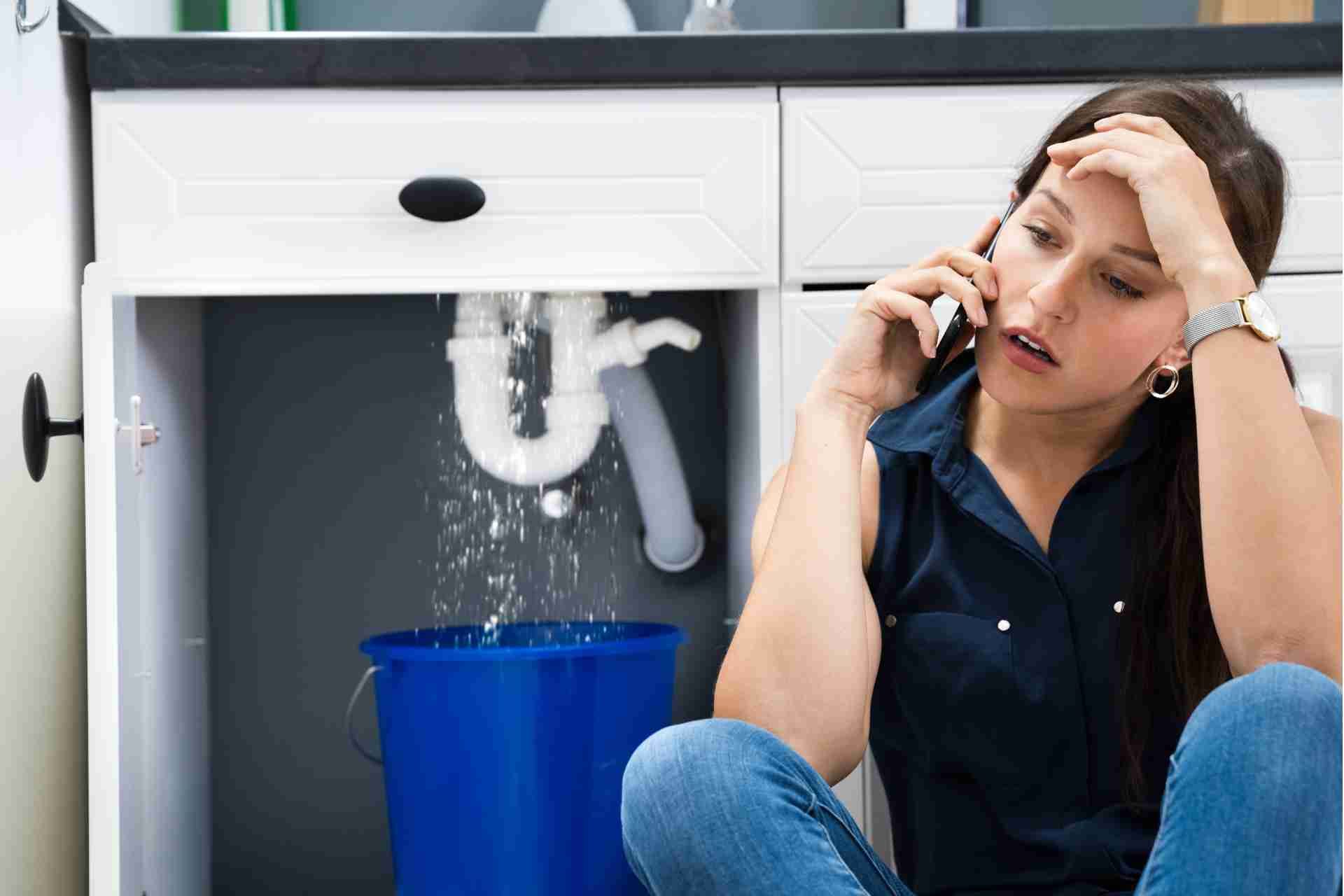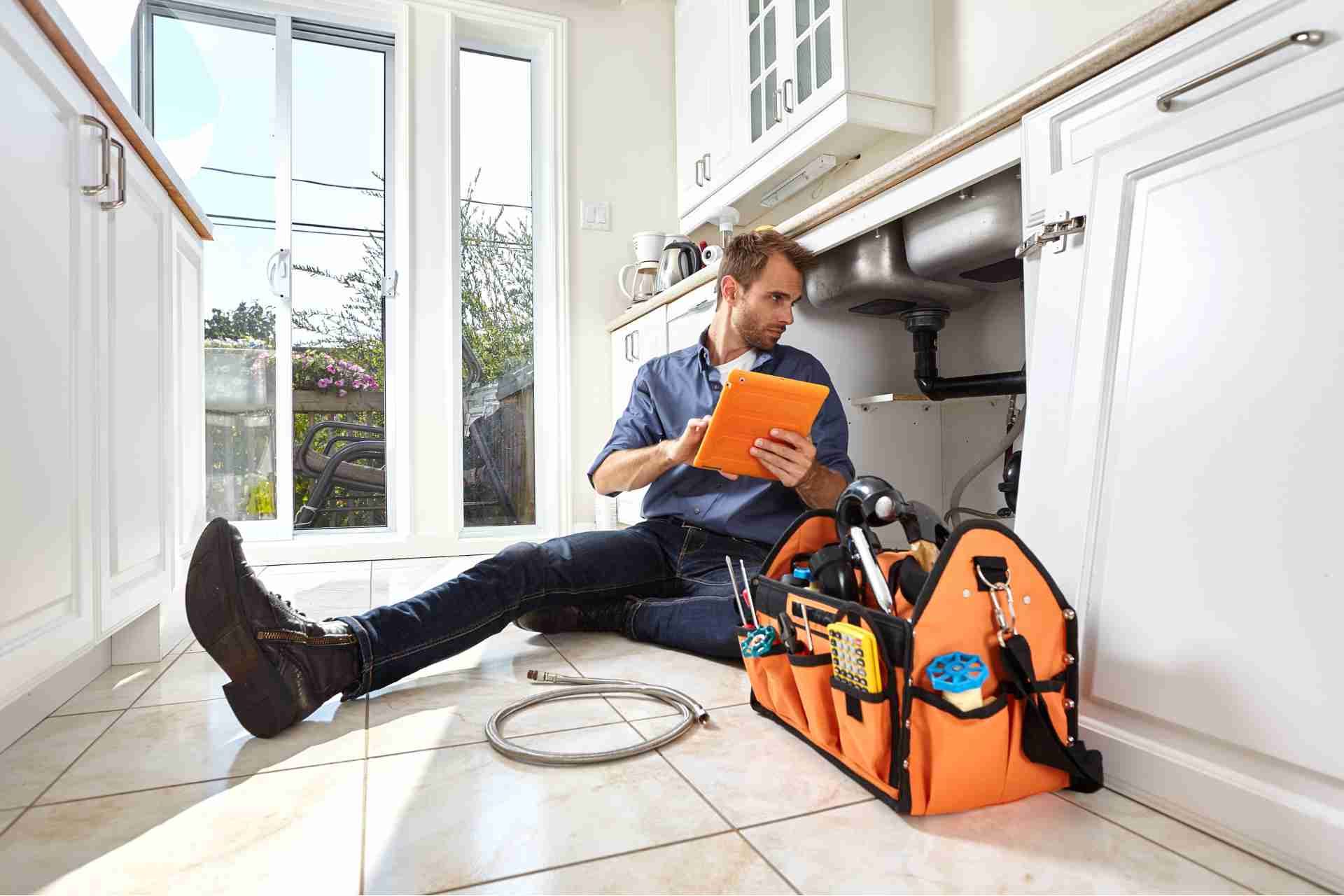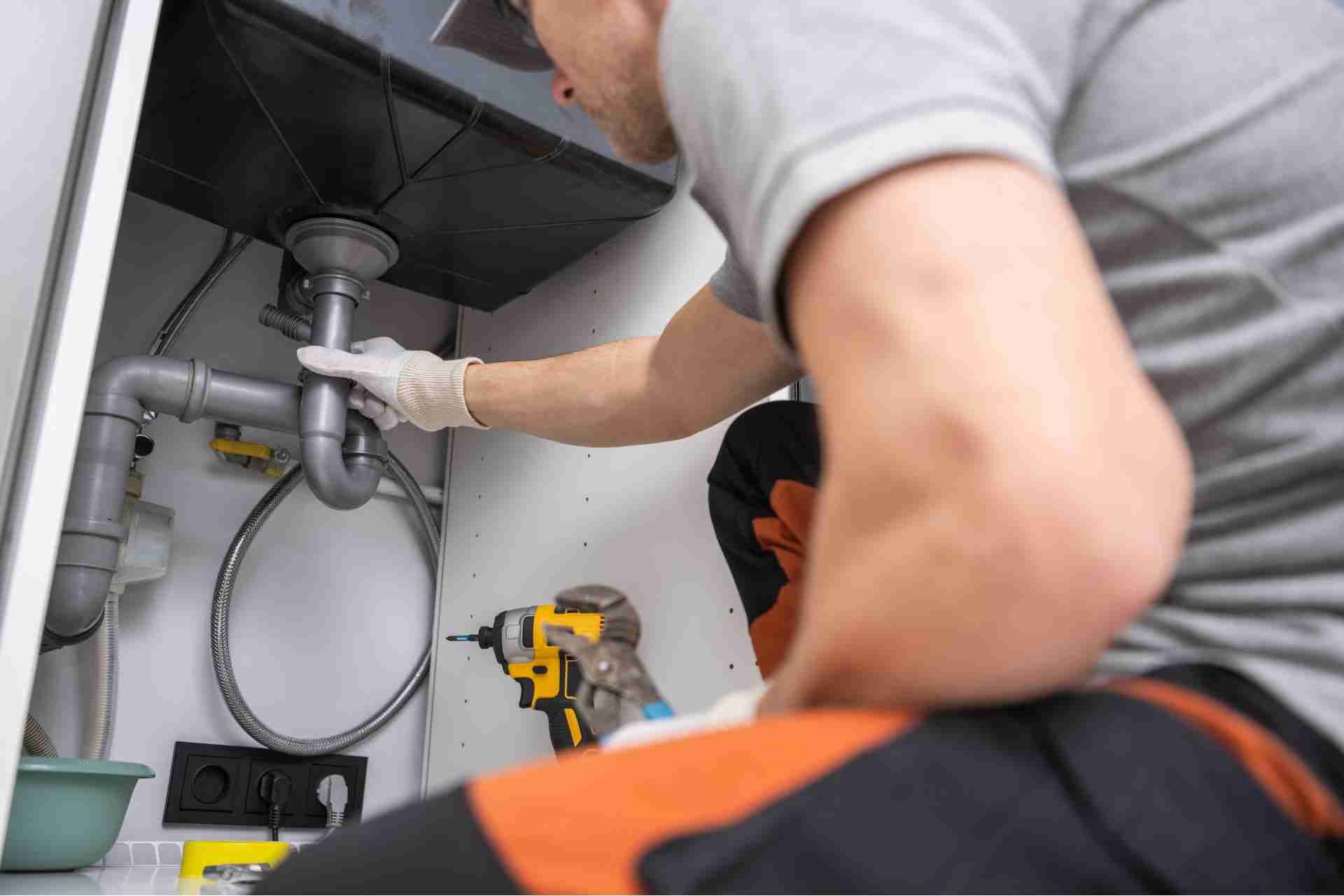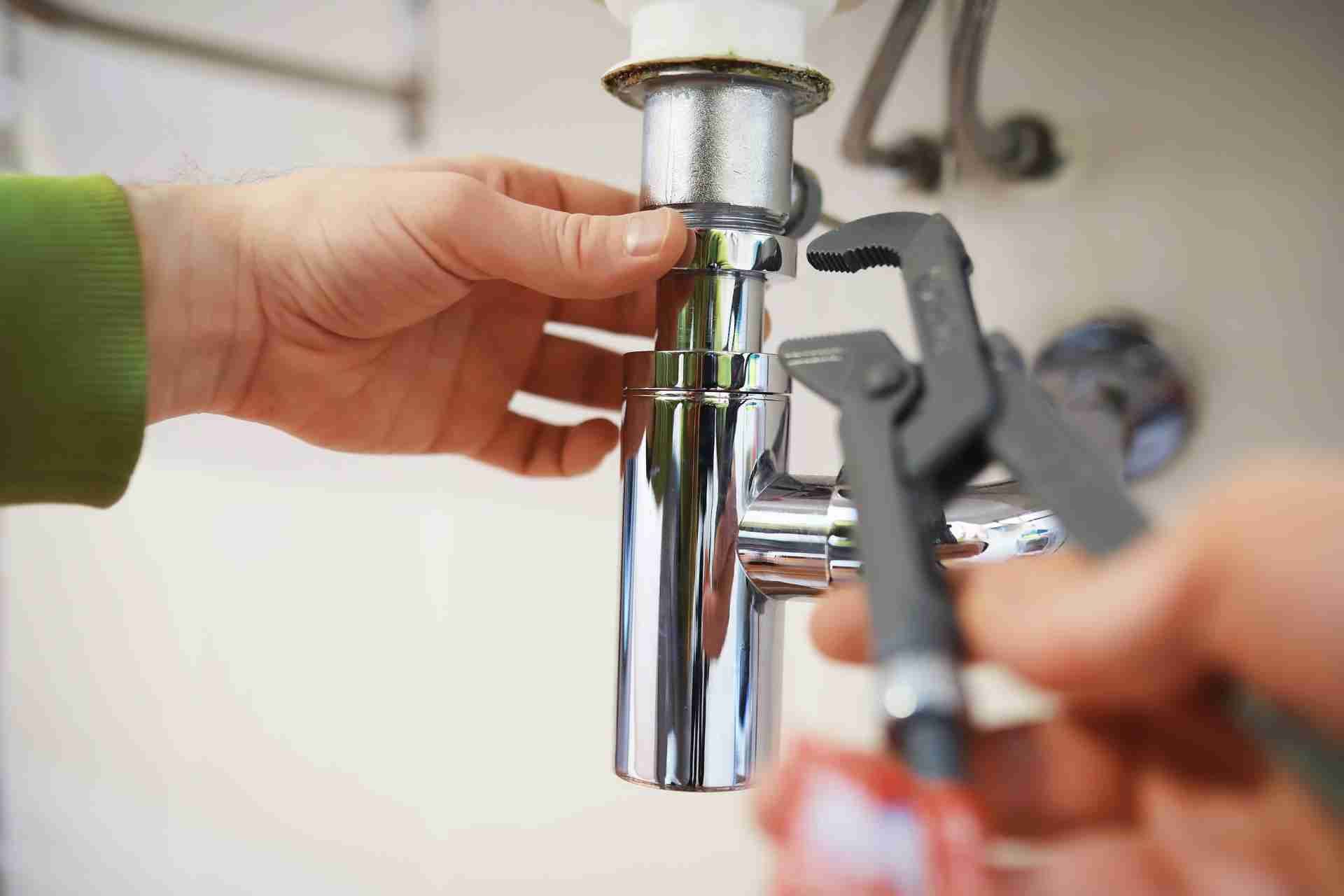Home and Health Consequences of Water Leaks
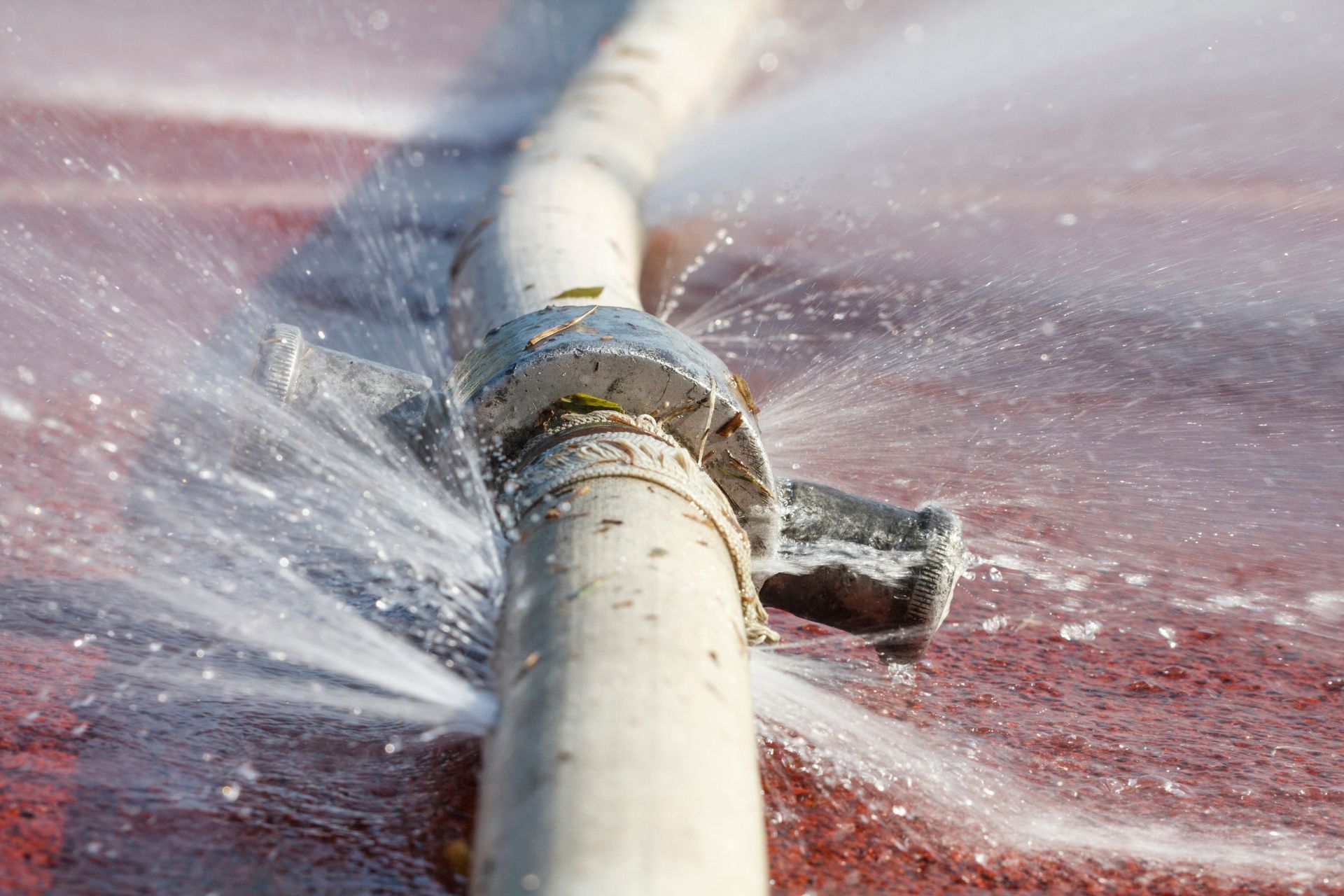
Water leaks may seem like a small inconvenience at first, but the consequences can be far more serious than just a dripping faucet. Whether it's a slow, steady leak or a sudden burst pipe, water damage can have a devastating impact on your home and your health. In this blog post, we'll explore some of the ways that water leaks can affect your living space and your well-being.
What Causes Water Leaks?
There are a variety of factors that can contribute to water leaks in a home. Some of the most common causes include:
- Aging or damaged pipes: Over time, pipes can deteriorate and become weakened, leading to cracks, leaks, and burst pipes. This is particularly common in older homes with outdated
plumbing systems.
- High water pressure: Excessively high water pressure can put strain on pipes and joints, causing them to leak. It's important to have a pressure regulator installed in your home to prevent this issue.
- Clogged drains or pipes: Build-up of debris, grease, and other materials can block pipes and cause water to back up and leak out. Regular cleaning and maintenance of your drains can help prevent this.
- Corrosion: Corrosion can eat away at pipes and cause them to weaken and spring leaks. This is often a problem in homes with older metal pipes.
- Frozen pipes: In cold weather, water inside pipes can freeze and expand, causing pipes to burst and leak when they thaw. Proper insulation and heating can help prevent this issue.
- Improper installation: If pipes are not installed correctly or are not properly sealed, they can develop leaks over time. It's important to
hire a professional plumber to ensure that your plumbing is installed correctly.
- Tree roots: Tree roots can grow into underground pipes and cause them to crack and leak. Regular inspection and maintenance of your outdoor plumbing can help prevent this issue.
Home Consequences of Water Leaks
Structural Damage
Water leaks can cause significant damage to your home's structure, including rotting wood, crumbling drywall, and weakening of the foundation. This can compromise the integrity of your home and lead to costly repairs.
Mold Growth
Excess moisture from water leaks creates the perfect breeding ground for mold and mildew. These fungi can spread rapidly throughout your home, causing not only unsightly stains and odors but also potential health risks for you and your family.
Electrical Problems
Water leaks near electrical outlets or appliances can pose a serious safety hazard. Water and electricity don't mix, so any exposed wiring or electrical components can be at risk of short-circuiting, leading to fires or other dangerous situations.
Pest Infestations
Standing water attracts pests like cockroaches, termites, and rodents, which can infest your home and cause further damage. These pests can carry diseases and pose a threat to your health and well-being.
Health Consequences of Water Leaks
Respiratory Issues
Mold spores in the air can trigger allergies and respiratory problems, especially for those with asthma or other respiratory conditions. Prolonged exposure to mold can lead to more serious health issues, such as lung infections and respiratory diseases.
Waterborne Illness
If a water leak is contaminated with bacteria or other pathogens, it can pose a risk of waterborne diseases, such as Legionnaires' disease or E. coli infections. These illnesses can cause symptoms like fever, diarrhea, and nausea, and can be especially dangerous for young children, elderly individuals, and immunocompromised individuals.
Slip and Fall Accidents
Water leaks can create slippery surfaces in your home, increasing the risk of slip and fall accidents. Water pooling on floors or seeping into carpets can cause injuries like sprains, strains, and fractures, particularly for older adults or individuals with mobility issues.
How To Prevent Water Leaks In Your Home
Preventing water leaks in your home is crucial to avoiding costly repairs and maintaining the integrity of your property. Here are some tips to help you prevent water leaks in your home:
1. Regularly inspect your plumbing
One of the best ways to prevent water leaks in your home is to regularly inspect your plumbing. Look for signs of leaks, such as damp spots, water stains, or the sound of running water when no faucets are turned on. Check under sinks, around toilets, and behind appliances like washing machines and dishwashers for any signs of water damage.
2. Keep your gutters clean
Clogged gutters can cause water to overflow and seep into your home, leading to leaks and water damage. Make sure to clean your gutters regularly to ensure proper drainage and prevent water from pooling around the foundation of your home.
3. Maintain your roof
A damaged or worn roof can easily lead to water leaks in your home. Inspect your roof regularly for any missing or damaged shingles, as well as signs of water damage. Repairing any issues with your roof promptly can help prevent water leaks from occurring.
4. Install a sump pump
If your home is prone to flooding or water buildup in the basement, consider installing a sump pump to help prevent water leaks. A sump pump can help remove excess water from your basement, reducing the risk of water damage to your home.
5. Monitor your water bill
A sudden increase in your water bill can be a sign of a water leak in your home. Keep an eye on your water bill each month and investigate any unexplained spikes in usage. If you suspect a leak, contact a plumber to help locate and repair the source of the leak.
6. Seal windows and doors
Water can easily seep in through gaps around windows and doors, leading to water leaks in your home. Make sure to seal any gaps with caulk or weatherstripping to prevent water from entering your home.
